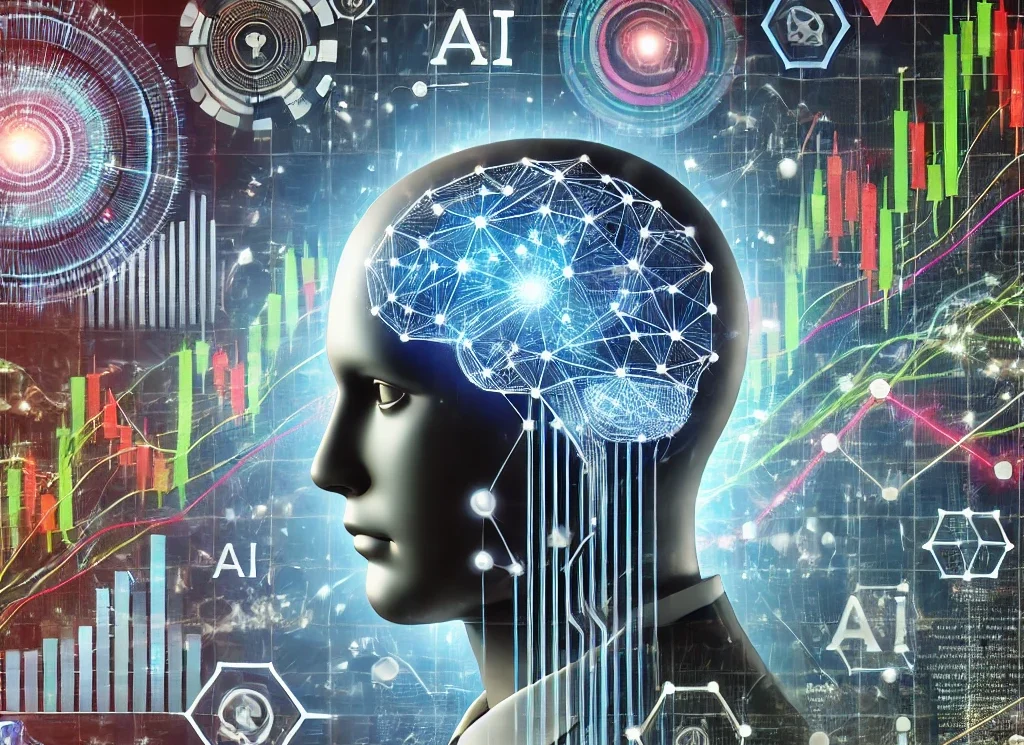Introduction
Artificial Intelligence (AI) has revolutionized numerous industries, and the financial sector is no exception. From automated trading systems to advanced predictive analytics, AI is reshaping the way investors analyze stocks and make investment decisions. In this article, we delve into the profound impact of AI on the stock market, exploring how AI-powered tools are transforming the landscape of investing.
How AI-Powered Tools Are Changing the Way Investors Analyze Stocks
Traditional stock analysis often relies on manual data processing and human judgment. However, AI-powered tools are streamlining this process by automating data collection, cleaning, and analysis. These tools can rapidly process vast amounts of data, including news articles, financial reports, and social media sentiment, to identify trends and patterns that may not be apparent to human analysts.
Key Benefits of AI-Powered Stock Analysis:
Enhanced Data Processing: AI can quickly process and analyze large datasets, enabling faster and more accurate insights.
Improved Predictive Analytics: By identifying historical patterns and correlations, AI algorithms can predict future market trends with greater accuracy.
Sentiment Analysis: AI can analyze news articles, social media posts, and other textual data to gauge market sentiment and investor sentiment.
Risk Assessment: AI can assess the risk associated with different investments by considering various factors, such as market volatility and economic indicators.
The Potential Risks and Benefits of AI-Driven Trading Algorithms
AI-driven trading algorithms, also known as algorithmic trading, have the potential to execute trades at lightning speed, taking advantage of market inefficiencies. However, there are also risks associated with this technology:
Benefits:
Speed and Efficiency: AI algorithms can execute trades much faster than human traders, reducing transaction costs and increasing profitability.
Reduced Emotional Bias: AI-driven trading can eliminate emotional biases that often influence human decision-making.
Advanced Strategies: AI can develop complex trading strategies that are difficult for humans to implement.
Risks:
Systemic Risk: A malfunction in an AI-driven trading algorithm could trigger a market crash or destabilize the financial system.
Market Manipulation: AI algorithms could be used to manipulate markets or engage in insider trading.
Job Displacement: Increased automation in trading could lead to job losses in the financial industry.
The Role of AI in Predicting Market Trends and Identifying Investment Opportunities
AI is playing a crucial role in predicting market trends and identifying investment opportunities. By analyzing historical data and real-time information, AI algorithms can identify patterns and anomalies that may signal potential market movements. Additionally, AI-powered tools can help investors discover undervalued stocks and identify emerging trends.
Key AI Techniques for Market Prediction:
Machine Learning: Machine learning algorithms can analyze historical data to identify patterns and make predictions.
Natural Language Processing (NLP): NLP techniques can analyze news articles, social media posts, and other textual data to gauge market sentiment.
Deep Learning: Deep learning models can analyze complex data, such as images and videos, to identify investment opportunities.
Conclusion
AI is fundamentally transforming the stock market, offering both significant opportunities and potential risks. By understanding the benefits and limitations of AI-powered tools, investors can leverage this technology to make informed decisions and achieve better investment outcomes. As AI continues to evolve, it is essential to strike a balance between innovation and regulation to ensure the long-term health of the financial markets.

